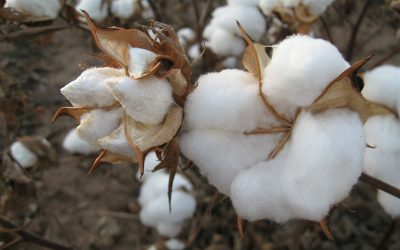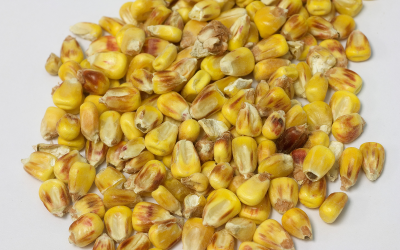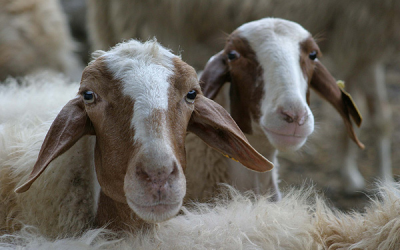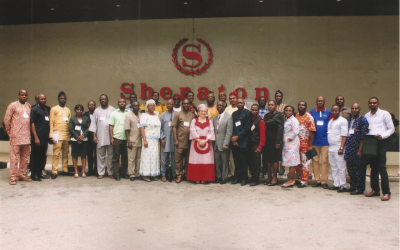Low performance of feed mills in Nigeria
The general condition in which animal feeds are produced, particularly those used for chickens and commercial fish farming, in Nigeria has been described as unacceptable. Except for a few operators, most feed millers are not performing up to expectation in terms of standards and quality.
This was the view of Mrs. Mope Omotosho who gave a guest lecture in Abeokuta
at the one-day seminar organised by the Ogun State chapter of the Poultry
Association of Nigeria (PANOG) last Wednesday.
Mrs. Omotoso, who raised some
issues on the shortcomings of feed milling operators, observed that “there is no
standard in feed milling industry now because we are not ready.” According to
her, “if we are, operators will adjust.”
“If we are able to come together
and agree in terms of our requirements, people will adjust,” she told the
gathering.
Adopting specific options
Explaining the options
available to feed millers in terms of raw materials, the seasoned nutritionist
taught the farmers about benefits of adopting specific options. She disclosed
that, in choosing groundnut cake, for example, the wide range of protein content
should be borne in mind.
In her observation, variation could be due to a
number of factors, such as soil at the farm source, adulteration with fibres, or
actual use of fibres, to expel the groundnut cake from mill. She explained that
adulteration of such ingredient is often done deliberately. Cotton seed cake,
she added, can be used provided binders are used to bind gossypol, an
antinutritional factor. “There is nothing wrong in producing fish meal locally,”
she said, “but we need to adhere to standards.” She noted that some feed millers
use fish that has got spoilt, while some people “adulterate essential vitamins,”
actions she considered criminal.
Keep records
Mrs. Omotoso advised the farmers to keep
records and need to tag and label their materials. “These help (us) to identify
the date of use and the date of purchase,” she said.
To subscribe to
the free AllAboutFeed newsletter click here.











